Cardiology
The Division of Cardiology was established in 1994 and has been led by Dr. Yang Mao-Hsun (1994-1998), Dr. Yin Wei-Hsien (1998-2019), and Dr. Tsao Tien-Ping (since 2019). With the guidance of former vice superintendent Dr. Yang and former associate superintendent Dr. Yin, the division has developed a strong team of 21 specialists in cardiology, 15 of whom hold qualifications as specialist instructors in cardiology. Our doctors have expertise in various fields of cardiology, providing the most professional medical care for patients with heart disease.
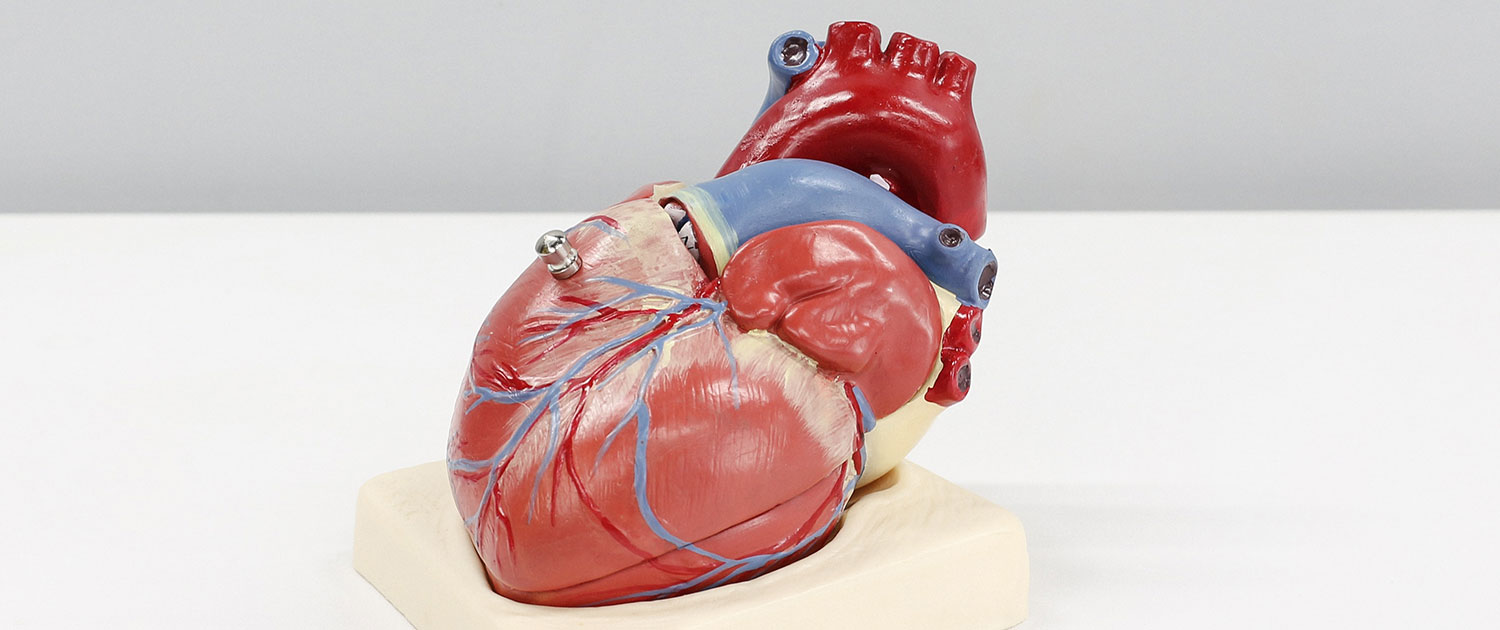
Continuous Improvement and Achievements
In 1997
We introduced transradial cardiac catheterization and coronary artery intervention in Taiwan, significantly reducing patient discomfort after examination and allowing patients to move freely after surgery. This achievement has become a benchmark for improving the quality of cardiac catheterization procedures. Thanks to our superb skilled techniques and high success rate, we have been awarded the SNQ (Safety and Quality) recognition. Currently, we perform around 5,000 cardiac catheterization procedures and 2,000 coronary artery intervention procedures each year, covering a variety of complex cardiovascular diseases and using the latest equipment and advanced imaging systems to assist in catheterization procedures.
In 2013
Under the leadership of Professor Wei Jeng (then Director of the Heart Center) and Dr. Yin Wei-Hsian (then Director of the Division of Cardiology), our cardiology team successfully completed the first transcatheter aortic valve replacement (TAVR) in Taiwan. To date, our hospital has performed the most TAVR procedures in Taiwan and ranks among the top in Asia. Our doctors are also frequently invited to teach TAVR procedures at other medical centers in Asia and Taiwan.
In recent years, the Division of Cardiology has also focused on discussing treatment options for high-risk and complex coronary artery disease patients with both cardiologic and cardiovascular surgical experts. If catheterization treatment is chosen, mechanical circulatory support systems (such as ECMO) are first placed by surgical specialists, followed by catheterization intervention and removal of the ECMO as soon as possible after surgery. This approach has a high success rate and is effective for critically ill patients who are not suitable for surgery.
Since 2010
We have held the “Cheng Hsin Live International Conference on Cardiovascular Diseases” featuring team-based comprehensive treatment for cardiovascular diseases. Experts from Taiwan and abroad are invited to participate. Topics include complex surgical procedures, transcatheter interventions for structural heart disease, and live demonstrations of complex cardiovascular disease treatments. It has become one of the largest cardiovascular disease medical conferences in Southeast Asia.
Well-Equipped Facilities for Comprehensive Diagnosis and Treatment
Since its establishment, we strived to provide the most humane service to patients guided by the spirit of “Compassionate Heart, Dedicated Care”. In terms of hardware equipment, we have four cardiac catheterization room and have gradually replaced them with the latest type of cardiac catheterization machines. In recent years, we have introduced various advanced technologies such as Excimer Laser angioplasty, high-speed rotational atherectomy (Rotablator), intravascular ultrasound, Optical Coherence Tomography, Fractional Flow Reserve, intravascular lithotripsy and various new catheter-related equipment and cardiovascular stents, combined with our hospital’s three-dimensional color ultrasound, remote electrocardiogram, high-level computed tomography, and magnetic resonance imaging equipment, we can provide comprehensive cardiovascular disease diagnosis and treatment services.
Emphasis on Teaching, Research and cultivating new talent
For new trainees, we offer a comprehensive curriculum that provides training for residents, attending physicians, and clinical researchers. The program includes weekly lectures or case discussions on cardiac topics by attending physicians, combine cardiologic and cardiovascular surgical conferences every Tuesday, arrhythmia teaching every Wednesday, cardiovascular basic medical teaching activities every Thursday led by former vice superintendent Yang Mao-Xun (including ECG interpretation, X-ray interpretation, hemodynamics interpretation, various cardiac auscultation and identification, and demonstration of physical examination standards), and cardiac medical journal reports or guest lectures by attending physicians every Friday. These activities help to enrich the knowledge and clinical skills of trainees at various stages. Additionally, our physicians actively engage in academic research, with research results published in prestigious medical journals both domestically and internationally. We also encourage young physicians to present research results or participate in case competition reports at major domestic and international cardiology conferences, with excellent reviews received and many papers and case competitions won.
Integrated Medical Care
In recent years, with the rapid development of various disciplines, the Heart Center regularly holds interdisciplinary case discussion meetings every week for the diagnosis and treatment planning of complex and serious cardiovascular diseases. Participants include colleagues from cardiology, cardiovascular surgery, psychosomatic medicine, cardiac nursing, specialized nurses, cardiac rehabilitation, nuclear medicine, imaging medicine, circulation technicians, pharmacists, and social workers in related fields. All relevant medical teams are integrated with a patient-centered approach to provide the most appropriate comprehensive care.


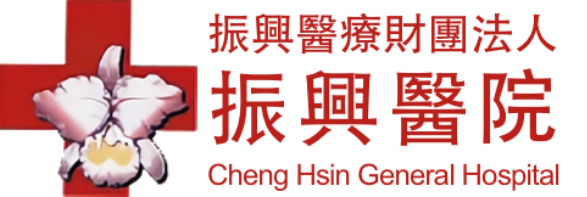
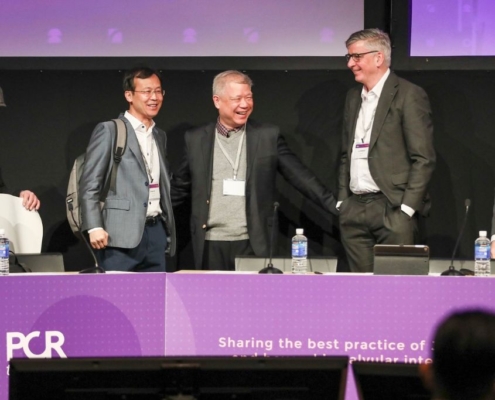
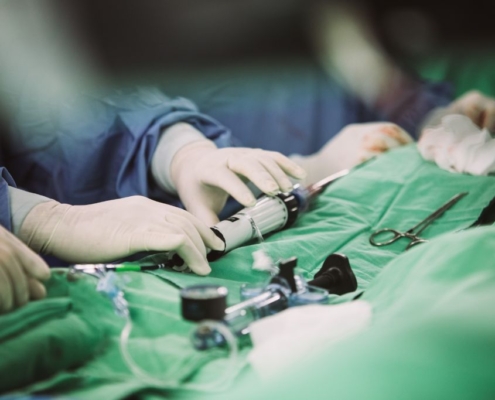

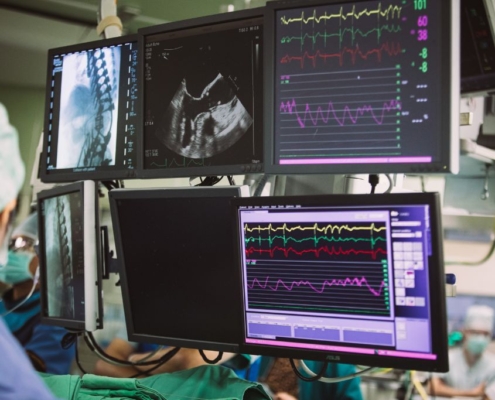

 Mon~ Fri 8am~5pm.
Mon~ Fri 8am~5pm.


